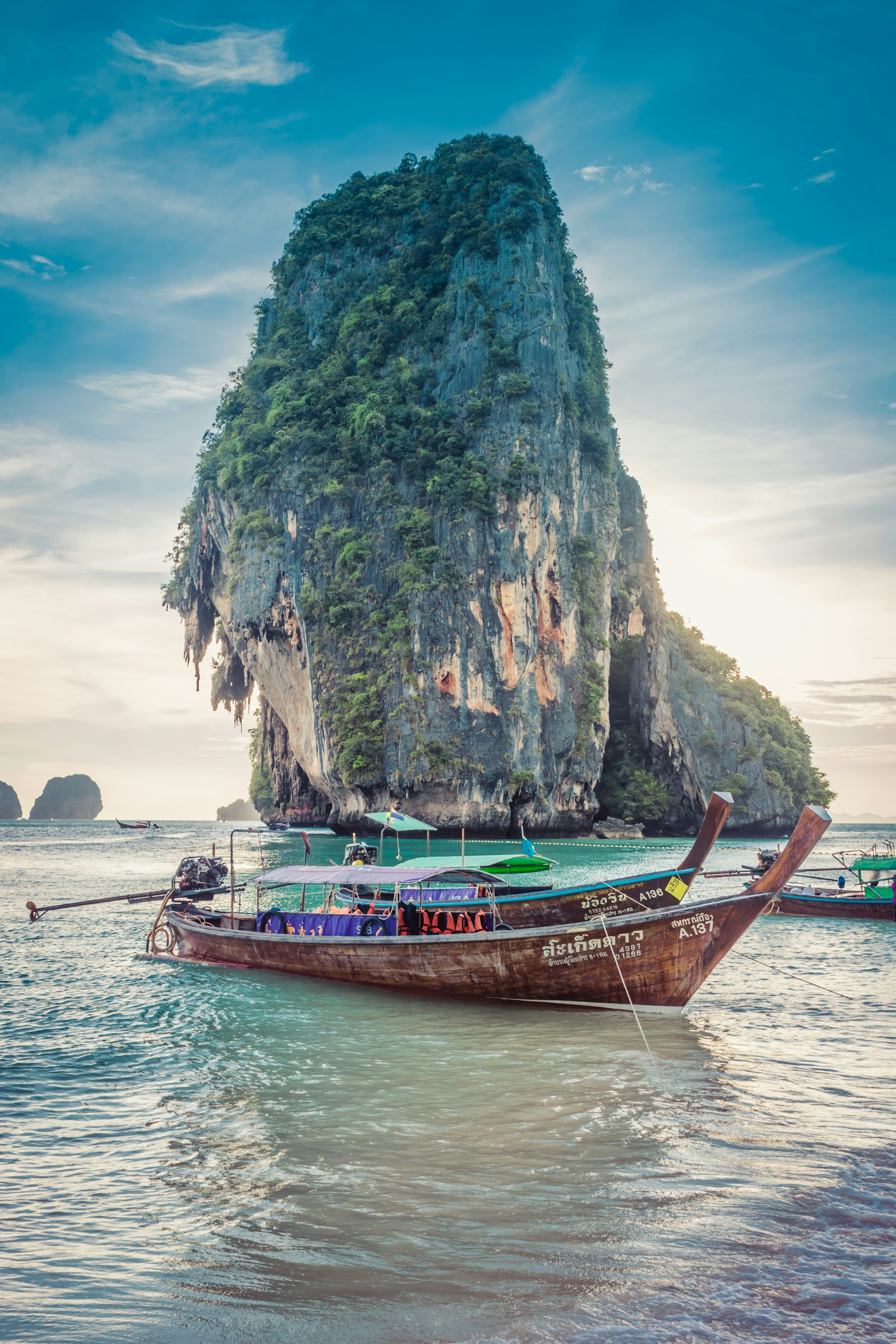Exploring Thai Heritage: Culture, Traditions & Festivals

Exploring Thai Heritage: Culture, Traditions & Festivals
Welcome to Thailand, a country rich in history, culture, and tradition. With a fascinating blend of ancient customs, vibrant festivals, and a warm, welcoming people, Thailand offers a unique experience for travelers seeking to explore its heritage. From its majestic temples to its traditional crafts and mouth-watering cuisine, here is a guide to immerse yourself in Thai culture.
Culture
The Thai culture is deeply rooted in Buddhism, with a strong emphasis on respect, spirituality, and harmony. It is considered impolite to touch someone's head, point your feet at others, or raise your voice in public. Bowing is a common gesture to show respect, especially when meeting elders or monks. Traditional Thai greetings involve placing the palms together, called the "wai," while saying "sawasdee" (hello) or "khob khun" (thank you).
Thai cuisine is renowned for its flavors and use of fresh ingredients. From the iconic Pad Thai to Tom Yum Goong (spicy shrimp soup) and Green Curry, there is no shortage of delicious dishes to try. Don't forget to sample street food from local vendors, where you can find tantalizing dishes like mango sticky rice, grilled satay, and crispy fried insects.
The traditional Thai costume, known as the "chut thai," is a reflection of the country's rich heritage. The women wear "pha sin" (a wrap-around skirt) paired with a blouse called "sabai" or "chong kraben" (for men). For special occasions, such as weddings or religious ceremonies, you may see women wearing the elegant "thai siwalai" or men in a "chakri" suit.
Traditions
Thai traditions play a significant role in everyday life. One of the most important traditions is the practice of "wai khru," a ceremony held to pay respect to teachers and express gratitude for their guidance. During this ceremony, students present flowers and perform a respectful gesture to show their appreciation.
Another prominent tradition is the "Loi Krathong" festival, which takes place on the full moon of the 12th lunar month (usually in November). During this enchanting event, people gather near rivers, canals, and lakes to release beautifully decorated lotus-shaped baskets, called "krathongs," onto the water. This symbolizes letting go of negativity and starting anew.
Thai New Year, known as "Songkran," is a lively celebration held from April 13th to 15th. The streets come alive with water fights and traditional ceremonies to wash away bad luck and welcome good fortune for the coming year. It's a fun-filled festival where locals and tourists engage in friendly water battles using buckets, water guns, and even elephants!
Festivals
Thailand is renowned for its colorful and exuberant festivals. One of the most famous is the "Songkran" festival mentioned earlier. Another major event is the "Ploi Ta Reua" or "Festival of Floating Boats." Celebrated in October, this festival honors the Mae Klong River and its bounty. Locals create intricate wooden boats, adorned with flowers, candles, and incense, which are floated along the river to bring good luck.
The "Phi Ta Khon" festival, also known as the "Ghost Festival," is a unique tradition observed in the Dan Sai district of Loei Province. This vibrant event features villagers dressing up as spirits, wearing colorful masks and costumes, parading through the streets to scare away bad luck and bring blessings.
The "Loy Krathong" festival, mentioned earlier, is a visual spectacle not to be missed. Besides the floating krathongs, visitors can also witness traditional dance performances, parades, and stunning firework displays. Each region in Thailand has its own spirited festivals, so no matter when you visit, you are bound to experience a celebration of some kind!
Discover Thai Heritage
To fully immerse yourself in Thai heritage, visit some of the country's iconic temples like Wat Arun, Wat Phra Kaew, or Wat Pho. These architectural marvels showcase intricate craftsmanship, golden buddha statues, and serene atmospheres. Don't forget to cover your shoulders and knees when entering these sacred sites as a mark of respect.
Thai arts and crafts are also a testament to the country's rich cultural heritage. Take a stroll through the historic streets of Chiang Mai and explore its bustling markets, where you can find handmade goods such as silk textiles, intricately carved wooden figurines, and beautiful pottery.
For an immersive experience, consider attending a traditional Thai cooking class or learning the art of Thai massage, both recognized by UNESCO as Intangible Cultural Heritage. These activities offer an opportunity to delve deeper into Thai traditions while acquiring new skills to take home.
